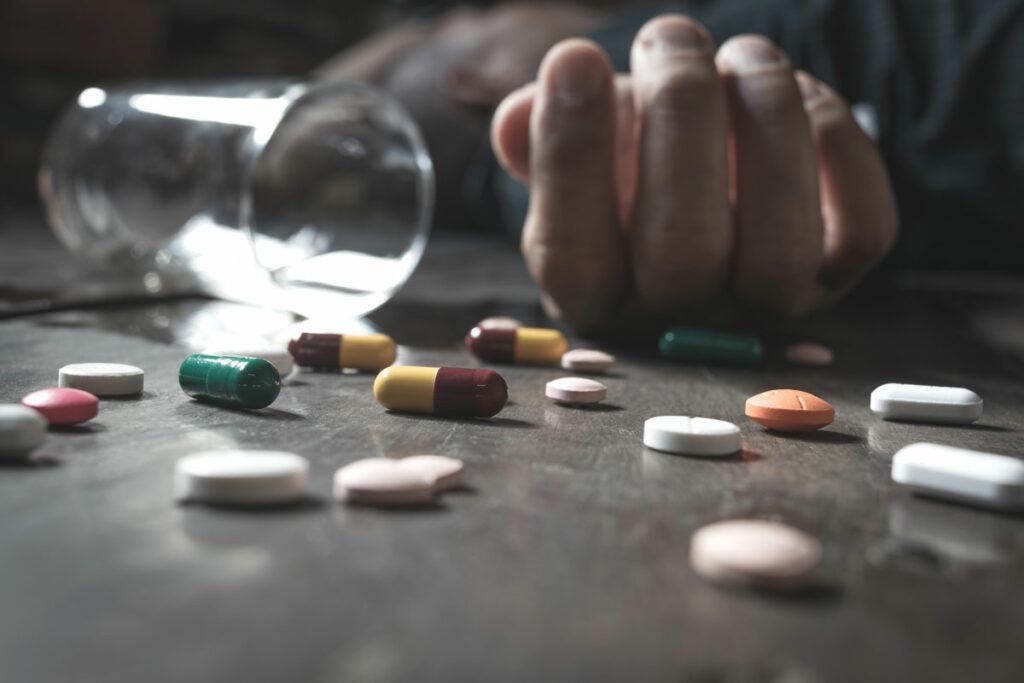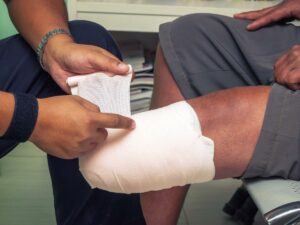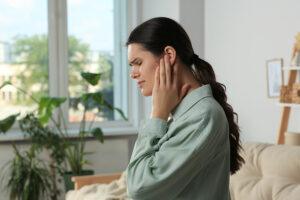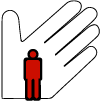The Vital Facts
- 1,788 drug-induced deaths were recorded in Australia in 2021
- More than 3 in 5 drug-induced deaths occur among males
- 68% of drug-induced deaths are unintentional
Source: UNSW
Immediate first aid treatment for drug overdoses:
- Follow DRSABCD
- Call 000
- If unconscious, place patient on their side and check airway, breathing and pulse
- Follow advice of 000 operator
- Begin CPR if necessary
- If breathing and pulse are normal, keep patient on their side and monitor
- Try to establish what drug was taken
See here for more in-depth first aid treatment for overdoses.
Jump to a section in this article:
- What is an overdose?
- What are the signs and symptoms?
- What to do if someone overdoses
- What to tell the emergency staff
- Where to get help
What is an overdose?
When a person takes too much of a drug either intentionally or by accident – it is considered an overdose. The drug might be alcohol, prescription medication or illicit drugs.
What are the Signs and Symptoms of an overdose?
These will vary depending on the type and quantity of drug(s) taken, however typical signs and symptoms include:
- Dizziness, faintness
- Convulsions
- Weak pulse
- Difficulty breathing
- Vomiting
- Loss of consciousness
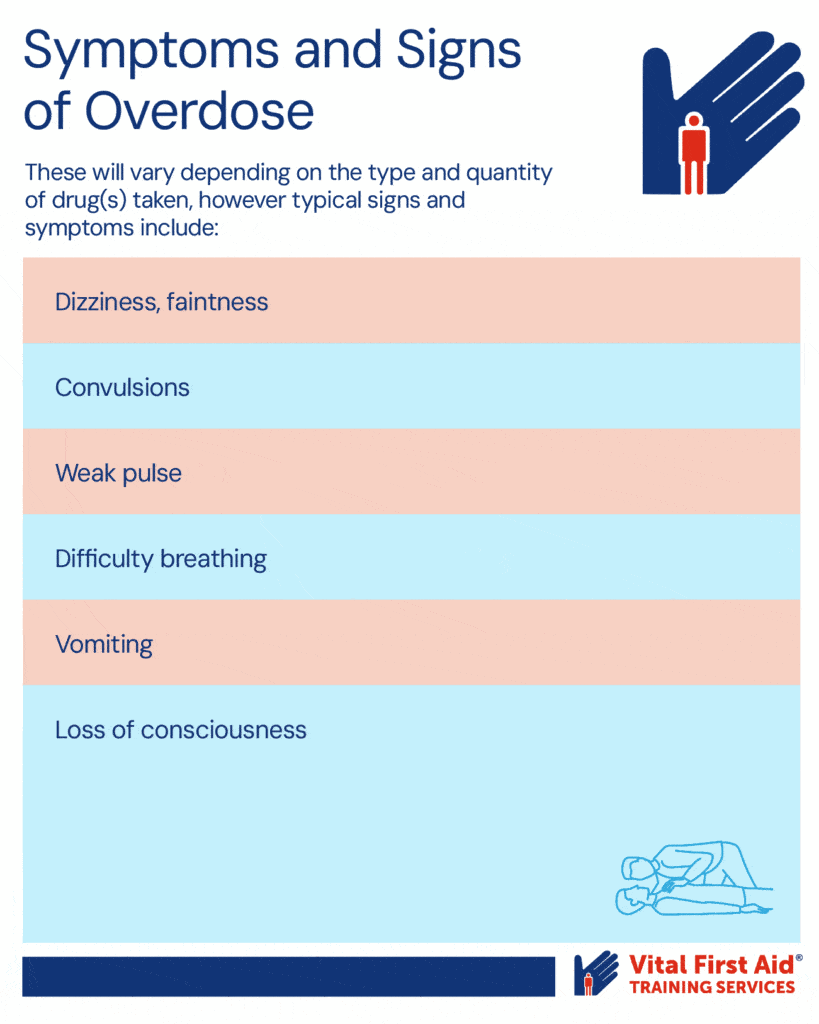
What to do if you suspect someone has overdosed
It’s vitally important that before you do anything, you must ensure your own safety.
Some overdoses or drug-affected people can potentially be very dangerous. If you have any reason to believe you might be in danger, get yourself to a safe place immediately. You can still call the ambulance and help from there.
- Follow the standard First Aid Response – DRSABCD
- Call 000 and ask for an ambulance.
- If the casualty is unconscious, place them carefully on their SIDE and check their airway, breathing and pulse.
- Follow the advice of the 000 operator. They are trained to help over the phone until the ambulance arrives, so stay calm, listen to them and advise of any changes to the patient as they occur.
- Begin CPR if necessary and you are able to do so – sometimes dangers to you might exist that prevent you from doing CPR, such as aggressive bystanders who might also be under the effects of a drug.
- If breathing and pulse are normal, maintain the unconscious person carefully on their SIDE and continue to monitor breathing and pulse. Do not try to induce vomiting.
- Try to establish which drug was taken and send any containers, tablets or syringes to the hospital with the casualty. Also send a sample of vomit, in a covered jar.
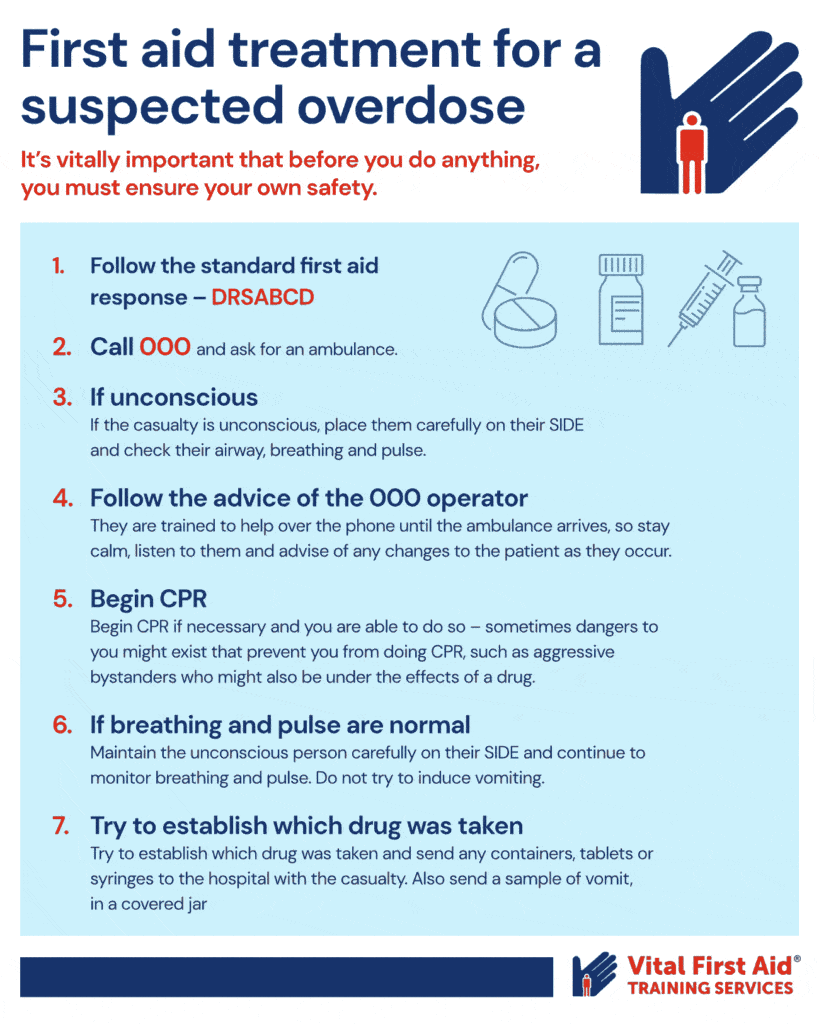
What to tell the Emergency Staff
In order for the emergency staff to help you and the patient in the best way possible, it’s important to give them as much information as possible. Typical questions you can expect include:
- Your phone number and the address of where the patient is located
- Describe the problem and what happened
- The sex and age of the patient
- Whether they are conscious or not
- What they have taken – if known
- Any other health issues the patient may have – if known
If it’s appropriate and possible for you to follow the patient to the hospital, be prepared to answer the same questions again, and take the time to think about any additional information you might be able to provide regarding the patient.
Where to get help
If you’re worried about the patient’s substance use, or if you’re the patient and you would like to seek help, we recommend contacting one of the following support services:
Alcohol & Drug Foundation. Here you can speak to a real person and get answers to your questions about alcohol and drugs, and advice on practical ‘next steps’.
Lifeline. This is a 24-hour crisis support and suicide prevention telephone hotline who can assist you and help you to get the support you need. Call 13 11 14 to talk to a trained counsellor.
Beyond Blue. This is another support service that offers one-on-one chats with a trained mental health professional. Call 1300 22 4636 24/7.
Experiencing someone else’s overdose can be very traumatic, so we also recommend reaching out for support, to help you come to terms with what you have been through.
Looking for help with first aid? Vital First Aid is one of the leading providers of first aid in Australia. Courses are available throughout Sydney, Newcastle and the Central Coast.

